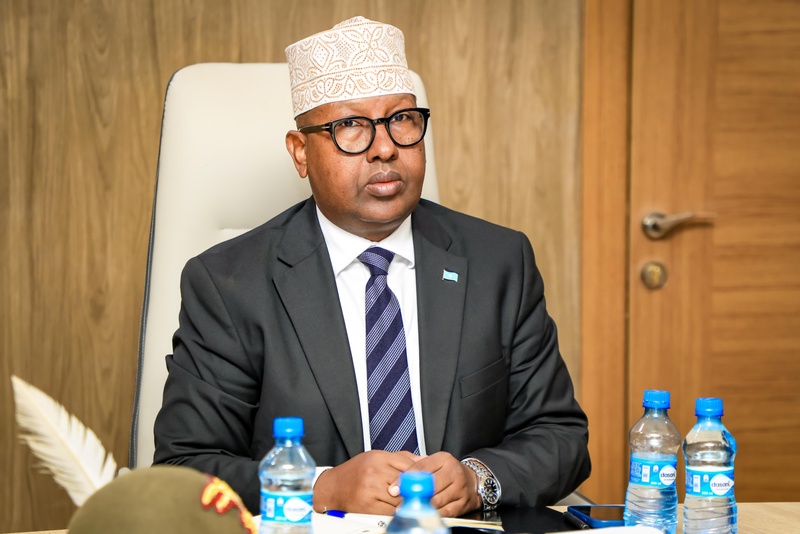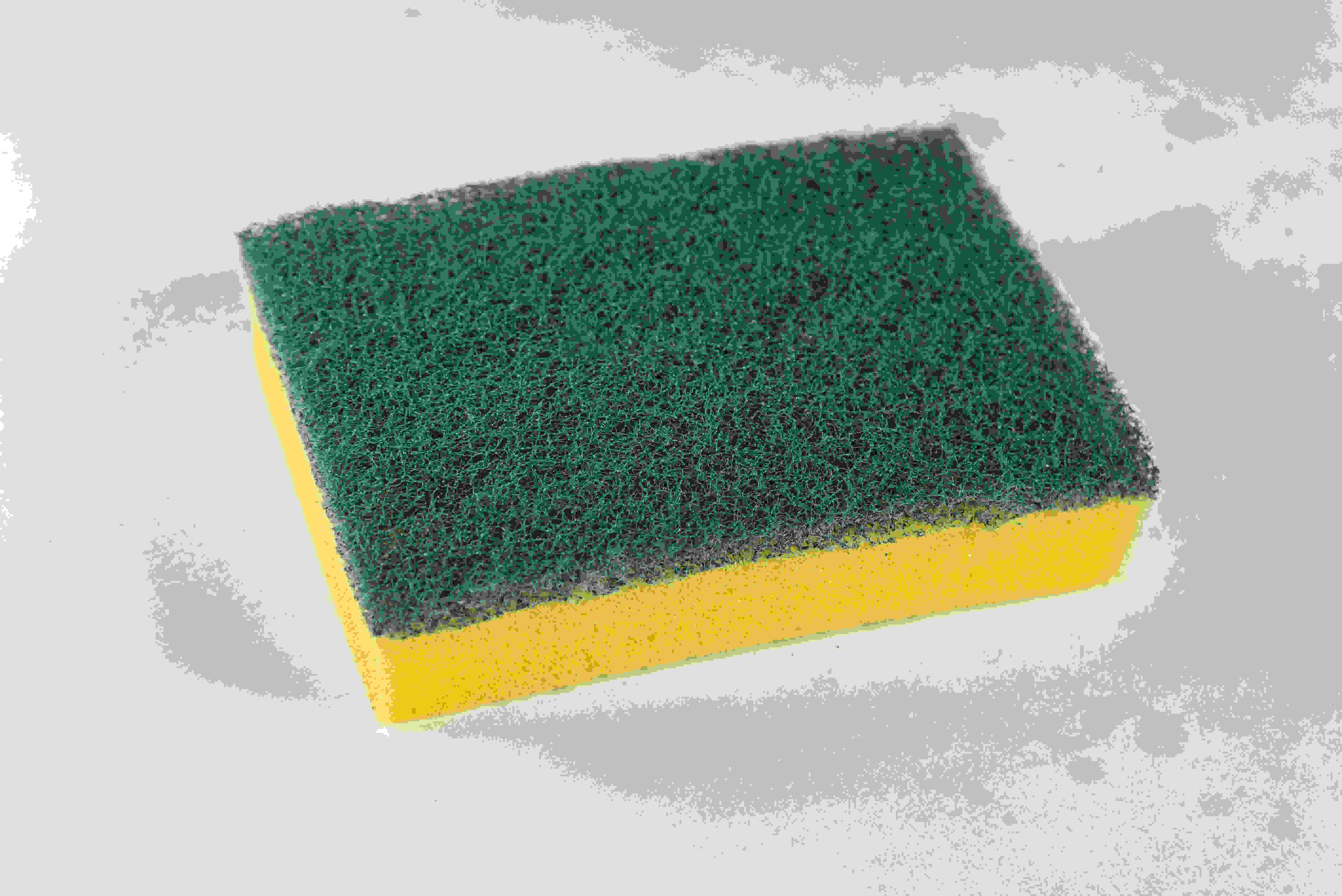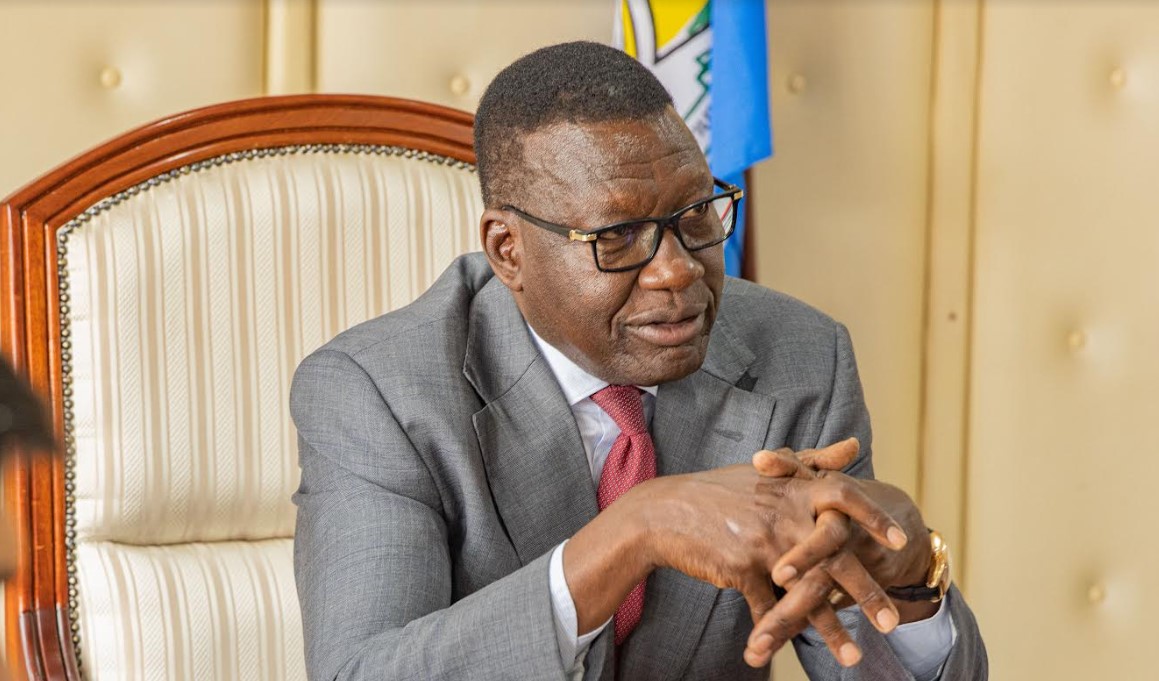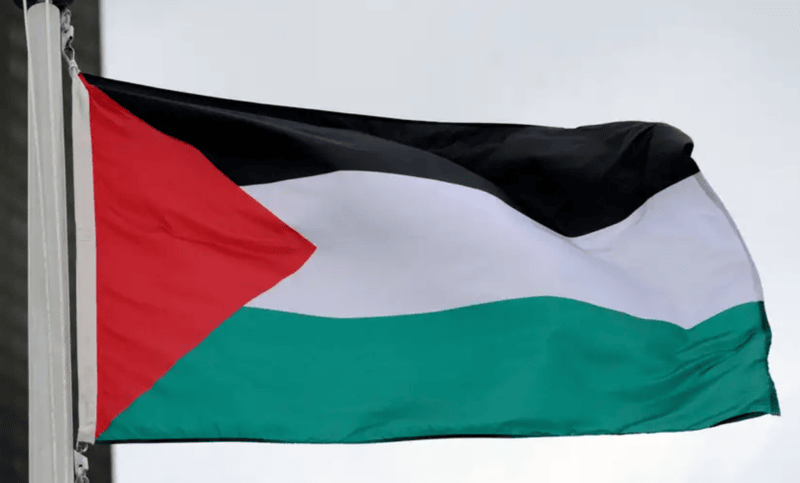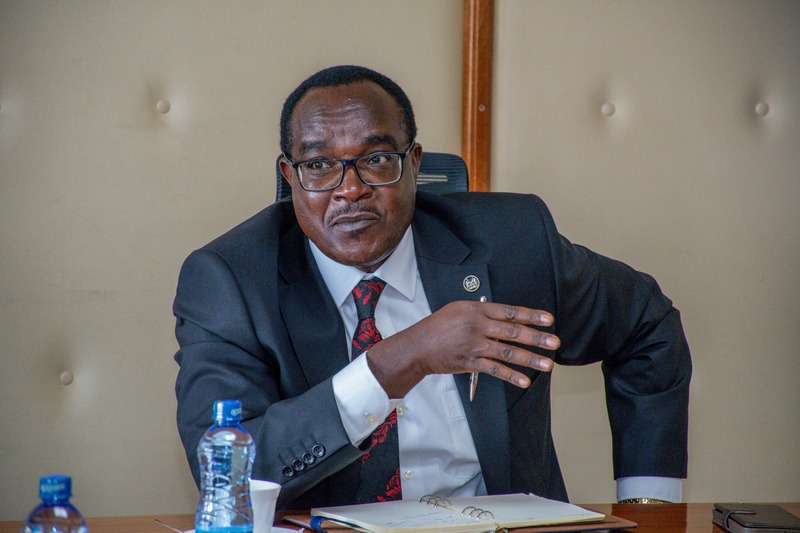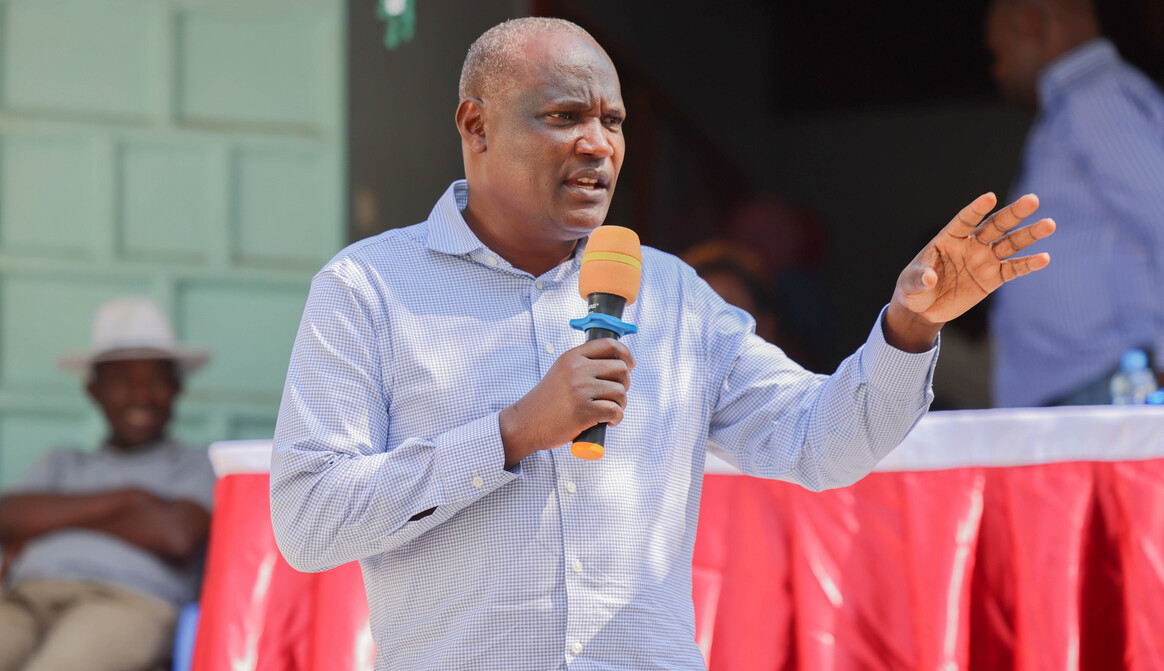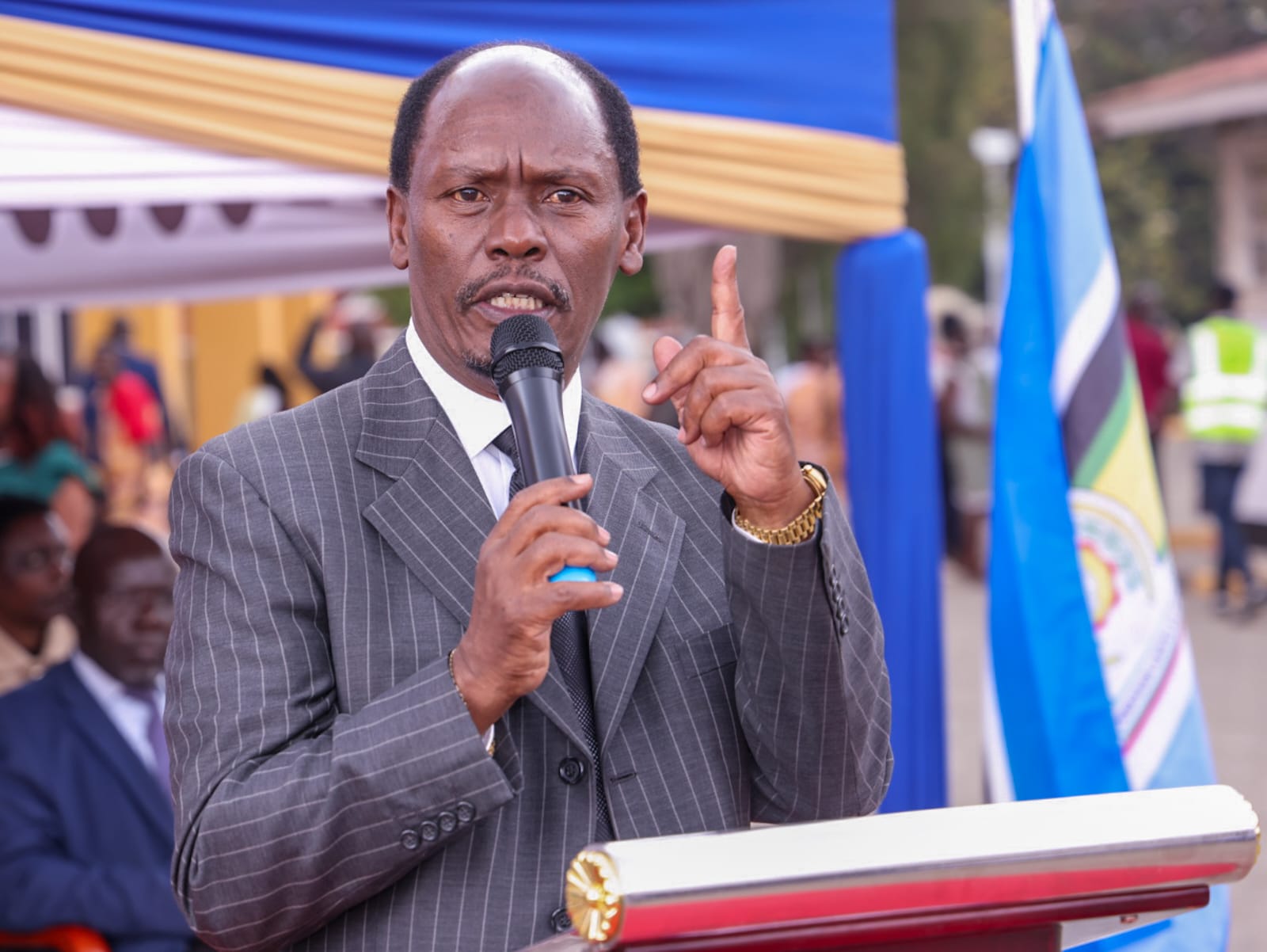Doctors Without Borders relocate services to Ethiopia as violence at South Sudan border escalates

The surge in violence was triggered by clashes at the border and exchanges of fire between the South Sudan People’s Defence Forces and an opposition group, forcing many residents to flee. A majority had left the area by May 12 this year.
Doctors Without Borders/Médecins Sans Frontières (MSF) has relocated its medical services from the border town of Burbeiye in South Sudan to Mattar in Ethiopia, following a sharp escalation in violence along the South Sudan–Ethiopia border.
According to the medical humanitarian organisation, the move coincides with the mass displacement of South Sudanese refugees who were forced to flee to Burbeiye—a town located directly on the border with Ethiopia—before crossing into Mattar.
More To Read
- Refugees to gain access to mobile, banking services under new regulations
- WFP resumes emergency food airdrops in South Sudan’s Upper Nile State
- MSF calls for urgent scale-up in water, sanitation programmes amid rising cholera cases in Abyei, South Sudan
- 50 injured in four days of violence along South Sudan border - MSF
- 700,000 refugees in Kenya face severe hunger crisis after aid cuts
- Funding shortages threaten relief for millions of Sudanese refugees: WFP
"Our staff are now on site to respond to a cholera outbreak and meet people’s urgent medical needs," the organisation said in a statement.
The surge in violence was triggered by clashes at the border and exchanges of fire between the South Sudan People’s Defence Forces and an opposition group, forcing many residents to flee. A majority had left the area by May 12 this year.
On that day, cross-border gunfire left several people injured in Burbeiye. MSF treated nine war-wounded patients, bringing the total number of injured individuals received at its Burbeiye facility to 217 since the conflict intensified in South Sudan’s Upper Nile state in February.
The arrival of displaced populations in Ethiopia’s Gambella region has created a dual emergency. An expanding cholera outbreak in Wanthoa Woreda, coupled with the influx of refugees fleeing violence in South Sudan’s Upper Nile and Jonglei states, poses a heightened public health risk.
"In the weeks leading up to the displacement, MSF had treated over 1,200 cholera patients and provided more than 3,000 outpatient consultations on the Ethiopian side of Burbeiye," the statement added.
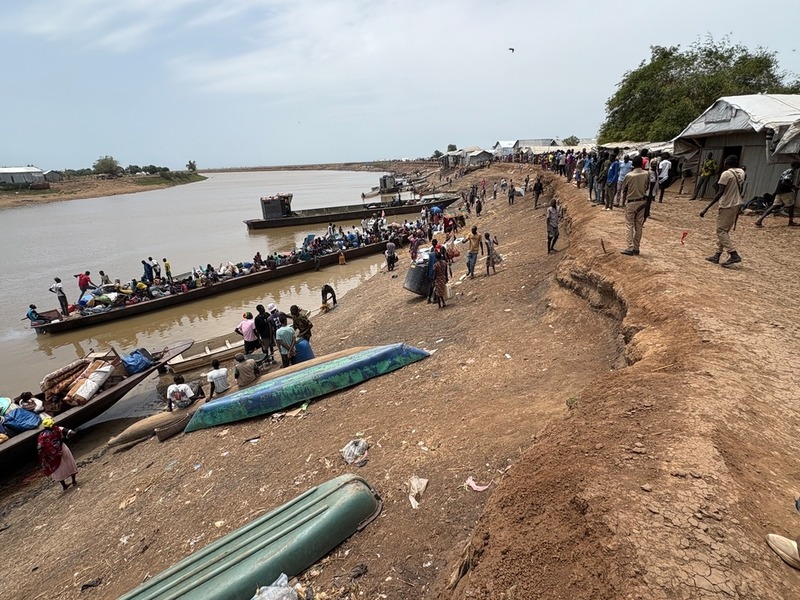 Refugees fleeing violence on the South Sudan-Ethiopia border. (MSF)
Refugees fleeing violence on the South Sudan-Ethiopia border. (MSF)
Joshua Eckley, MSF Head of Mission for Ethiopia, highlighted the urgency of the relocation, noting that thousands of refugees fled in a single night, prompting the organisation to shift its operations.
Those arriving in Mattar reported fleeing aerial bombardments and other violence in the South Sudanese towns of Nasir and Ulang. One survivor was treated for severe burn injuries.
"We moved through villages with no clinics, no medicine, not even water. I crossed the river, fled to Burbeiye, and then walked to Mattar. This is not life; this is survival," said Nyayul, who had initially sought refuge on the Ethiopian side of Burbeiye before returning to Mattar.
"When the bombs started falling, everyone ran. I lost my children in the chaos. I only have two with me now. I don’t know where the others are," he added.
Currently, between 35,000 and 85,000 people are estimated to be in Mattar, most of them living in overcrowded and makeshift shelters, putting immense strain on already overstretched local infrastructure.
"Over 40 per cent of malaria rapid diagnostic tests are returning positive results, and nearly seven per cent of children under five are showing signs of severe acute malnutrition. Among pregnant and lactating women, the rate of global acute malnutrition exceeds 14 per cent. With waterborne illnesses like cholera and acute watery diarrhoea on the rise, the risk of a public health catastrophe is imminent," MSF warned.
In response, MSF is relocating its essential health services from Burbeiye to Mattar, establishing emergency care facilities that include mental health support, nutrition screening, and assistance for survivors of sexual and gender-based violence.
"We need immediate action from donors, the UN, and NGO partners. Healthcare and other essential services are urgently needed. These communities cannot be left waiting. They’re not just escaping violence—they’re fleeing the total collapse of every system meant to protect them," said Eckley.
The organisation reiterated its call for all parties involved to guarantee safe humanitarian access and to protect civilians and aid workers alike.
"We also urge donors and humanitarian partners to scale up assistance, particularly in Mattar, where shelter, water, and medical care are in desperately short supply for people who have fled horrific violence," MSF added.
Top Stories Today


